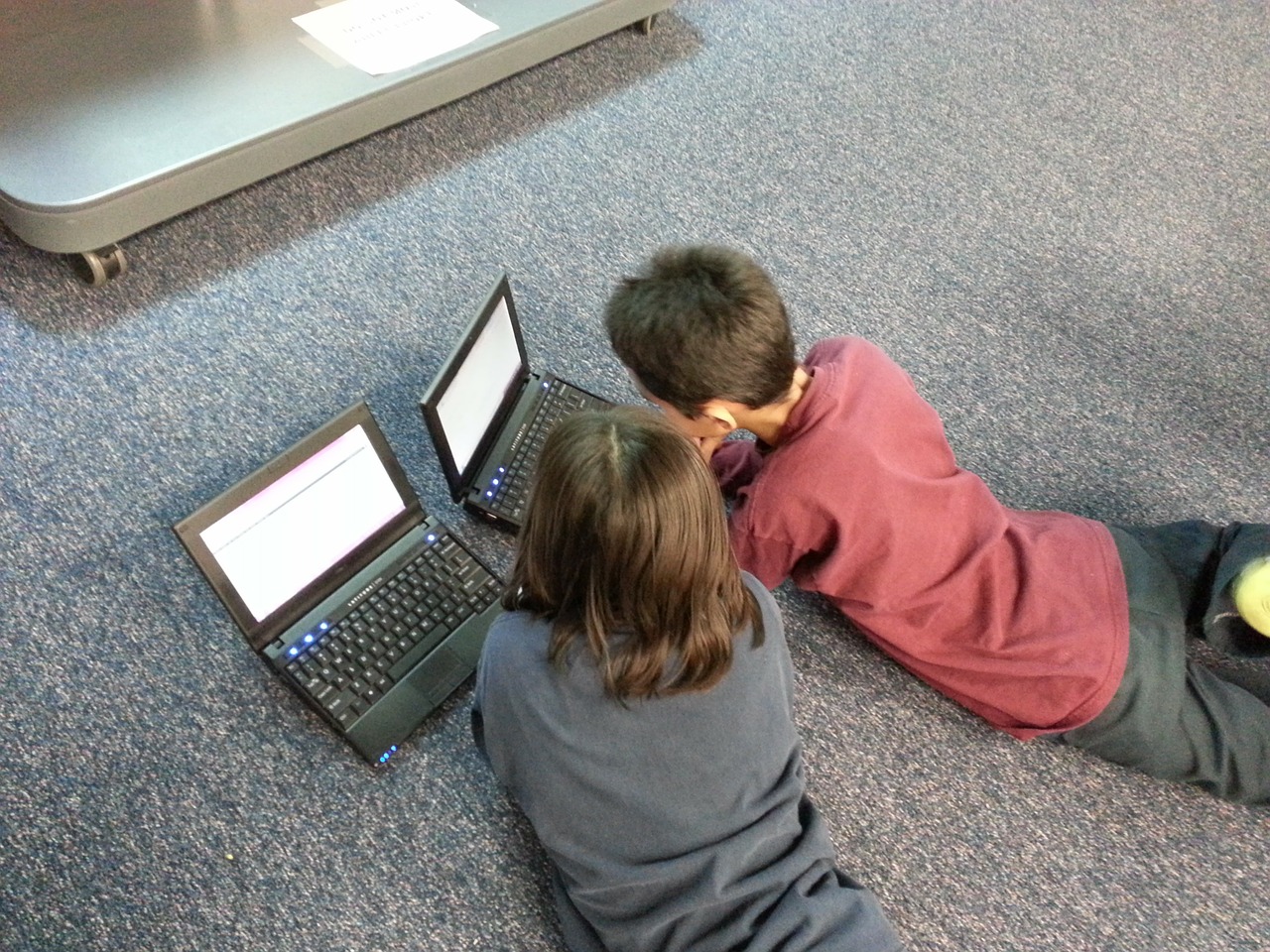Starting at an early age, children know how to use technology. With the knowledge children have, they can access and navigate the Internet. Unfortunately, many children unaware of the dangers that they can face while using the Internet.
Online safety for children should be a top priority for all parents and caregivers, as there are bad people who use the Internet to reach out to children. The latest statistics suggest that nearly 10% of children who use the Internet receive unwanted sexual solicitation.
As a parent or caregiver of a child, you can prevent any incidents. If you let your child surf the web, you need to implement the following online safety tips to protect your child.
Keep Lines of Communication Open
No parents want their child to face danger. The sad reality is that there is danger lurking throughout the time your child is on the Internet. Parents must be proactive so that their children are protected from harm.
If you give your child permission to use the Internet, you need to have an open line of communication with them. Depending on your child’s age, you must find the right approach to talk to your child about online safety.
You need to be honest with your child. Tell your child that there are bad people who use the Internet to do bad things to children. Your child should feel comfortable enough to inform you if someone tries to make contact with them through the Internet.
Create a List of Internet Rules
Using the Internet comes with a great deal of responsibility. You should consider creating a list of authorized websites that your child can visit.
Let your child know that he or she is only able to visit websites that are on the list. If your child violates this rule, you can take the Internet privileges away.
An Internet rule that all children need to know concerns their personal information. Inform your child that personal information—including his or her name, address, phone number, and email—should not be shared. Also, your child should know that he or she should not share pictures over the Internet.
Inform your child that permission must be sought if he or she wants to communicate with anyone over the Internet. This specific Internet rule can help prevent your child from communicating with a stranger.
Monitor Your Child’s Online Activity
Make sure that your child is aware that you have the right to monitor his or her online activity at any time. Monitoring your child’s online activity needs to be done occasionally by visiting the history section of the web browser in use. This can help you determine if your child has visited unauthorized websites or has been communicating with a stranger.
Monitoring your child’s online activity should not replace parental supervision. Always be on top of what your child does while he or she is using the Internet.
You can keep all Internet-enabled devices (e.
g., tablet) and computers in an area of the home that is public. Consider setting up a desk in the living room where your child can use a computer.
Prohibit the Use of Credit Cards on the Internet
Internet safety for children involves not letting a child use a credit card while using the Internet. If a child uses your credit card while using the Internet, there is a chance that your personal information can be stolen by hackers.
Not only can the use of a credit card lead to stolen personal information, but it can also lead to a big bill if your child goes on a spending spree. If you do give your child permission to use a credit card on the Internet, make sure you review the credit card statement for unusual activity.
Set Parental Controls
Consider setting parental controls that limit the websites that your child can visit. The parental controls you set need to be age-appropriate. For example, if you have an eight-year-old child, you should consider blocking social media websites if you don’t want to have your child to have a social media presence.
As your child ages and becomes more responsible, you can remove any parental controls that you see fit. There is no wrong in setting parental controls, as this measure can promote internet safety for children.
As your children get older, you’ll also need a different way to care for them, visit Mominformed for an informative guide to coping with your teenagers.
Look for Warning Signs
Be familiar with the warning signs that can indicate that your child is engaging with someone on the Internet. These can include spending a lot of hours online (especially during the evening hours), receiving phone calls or emails from a stranger, and reluctance to discuss online activity.
These are warning signs that may indicate that a sexual predator is trying to contact your child. Solicitation of a minor is a major crime. You can prevent this by being on the lookout for these warning signs.
Online Safety for Children Is Important
If your child has permission to use the Internet, you have the right as a parent or caregiver to use strategies to help promote online safety. Online safety for children needs to be a top concern for parents and caregivers.
This guide contains useful information that you can use to protect your child from harm while he or she uses the Internet. Online access comes with numerous risks, and children should know about these risks.
If you would like to read more about technology, business, education, and other subjects, continue exploring the website.






